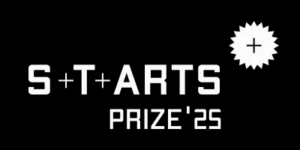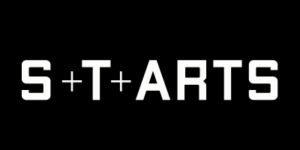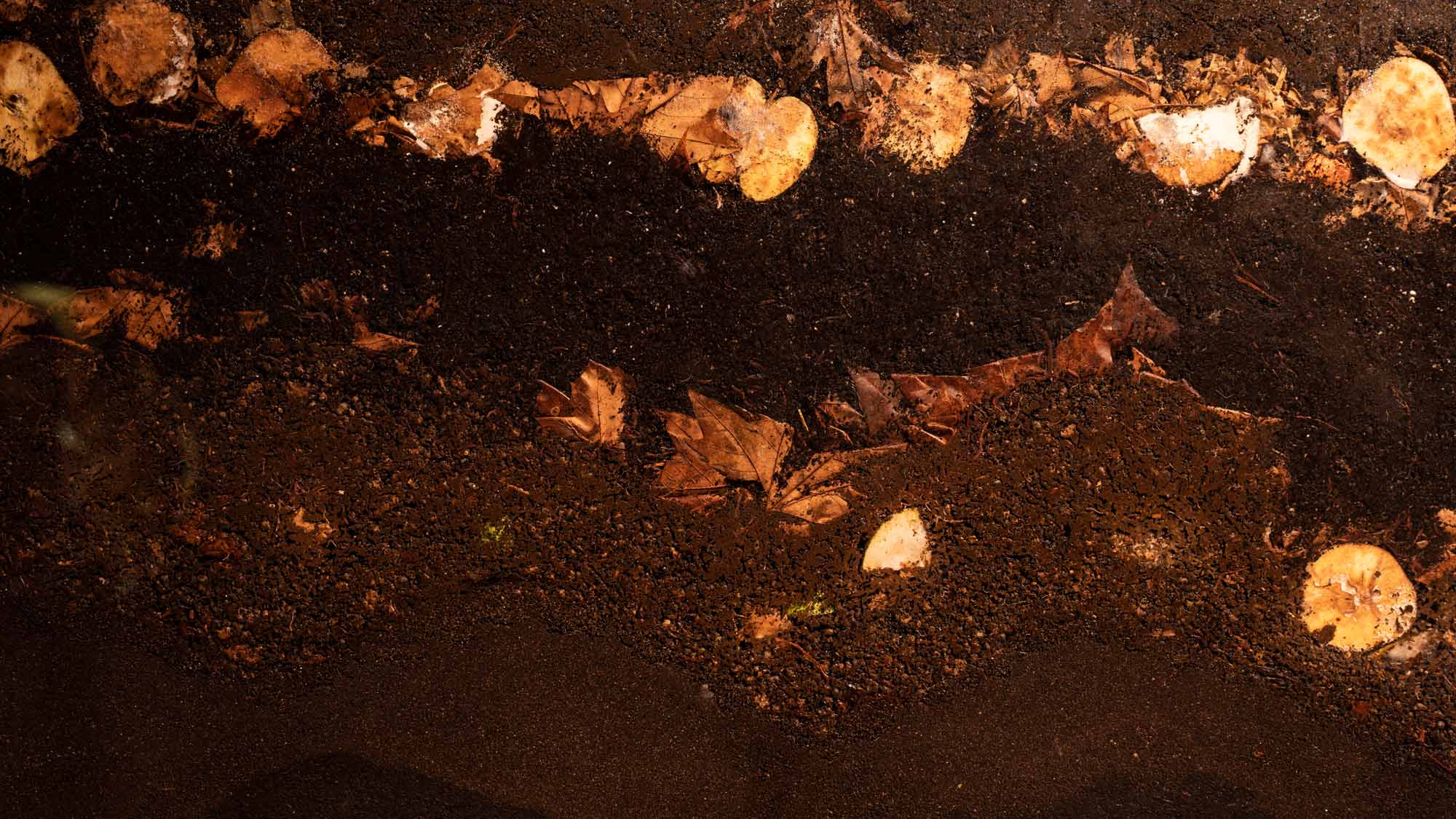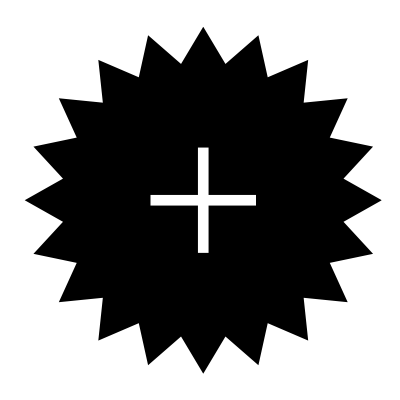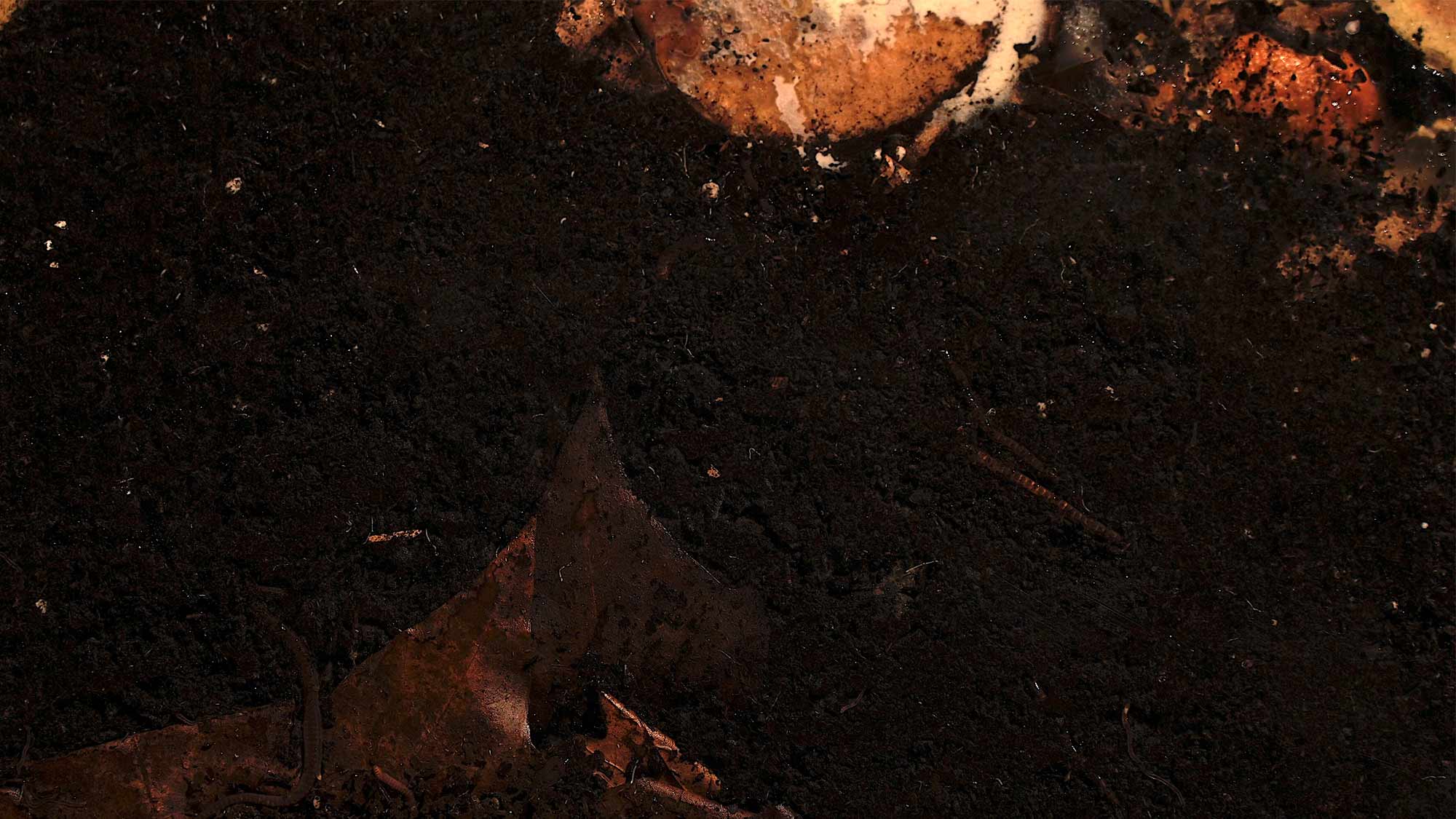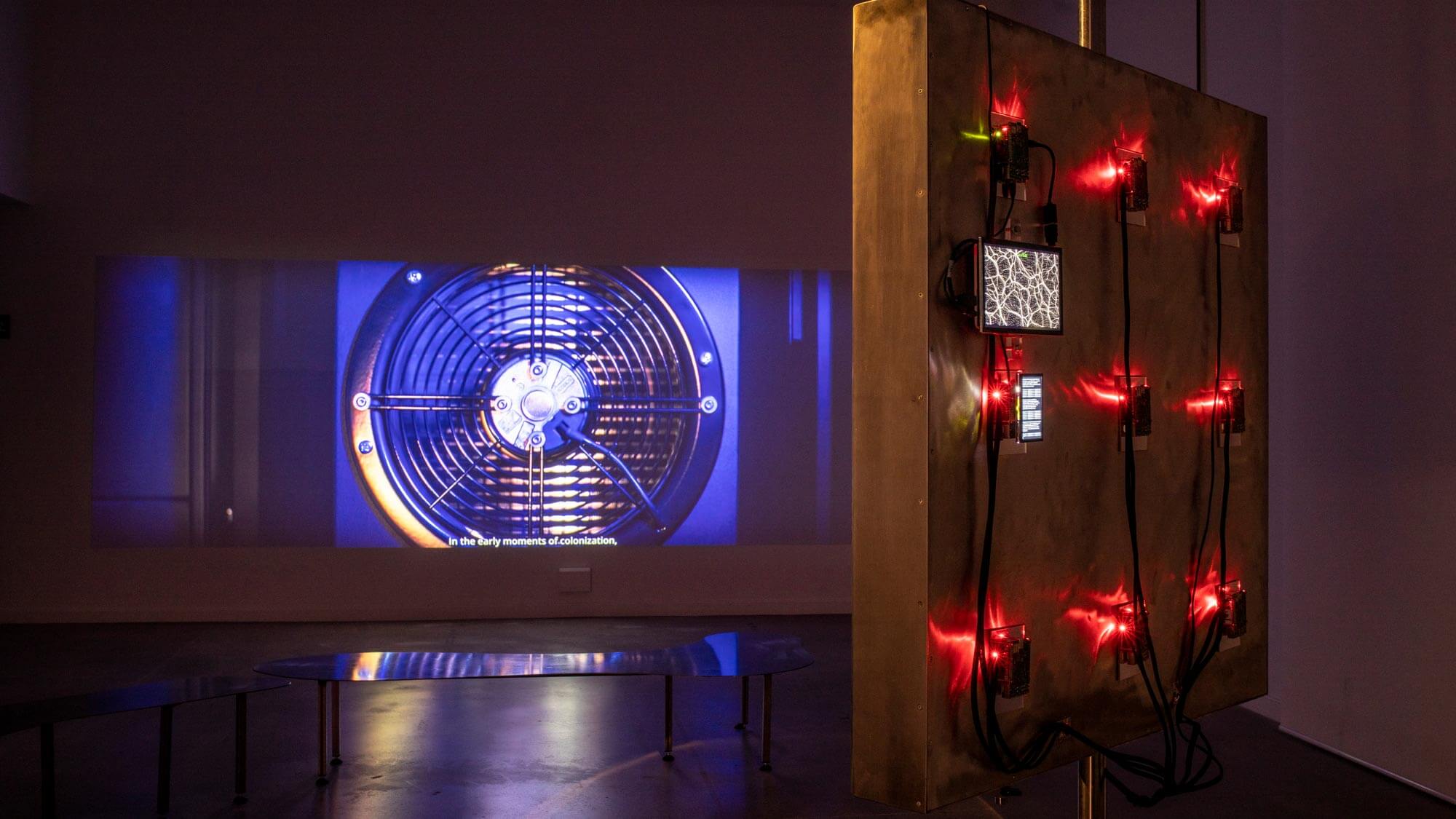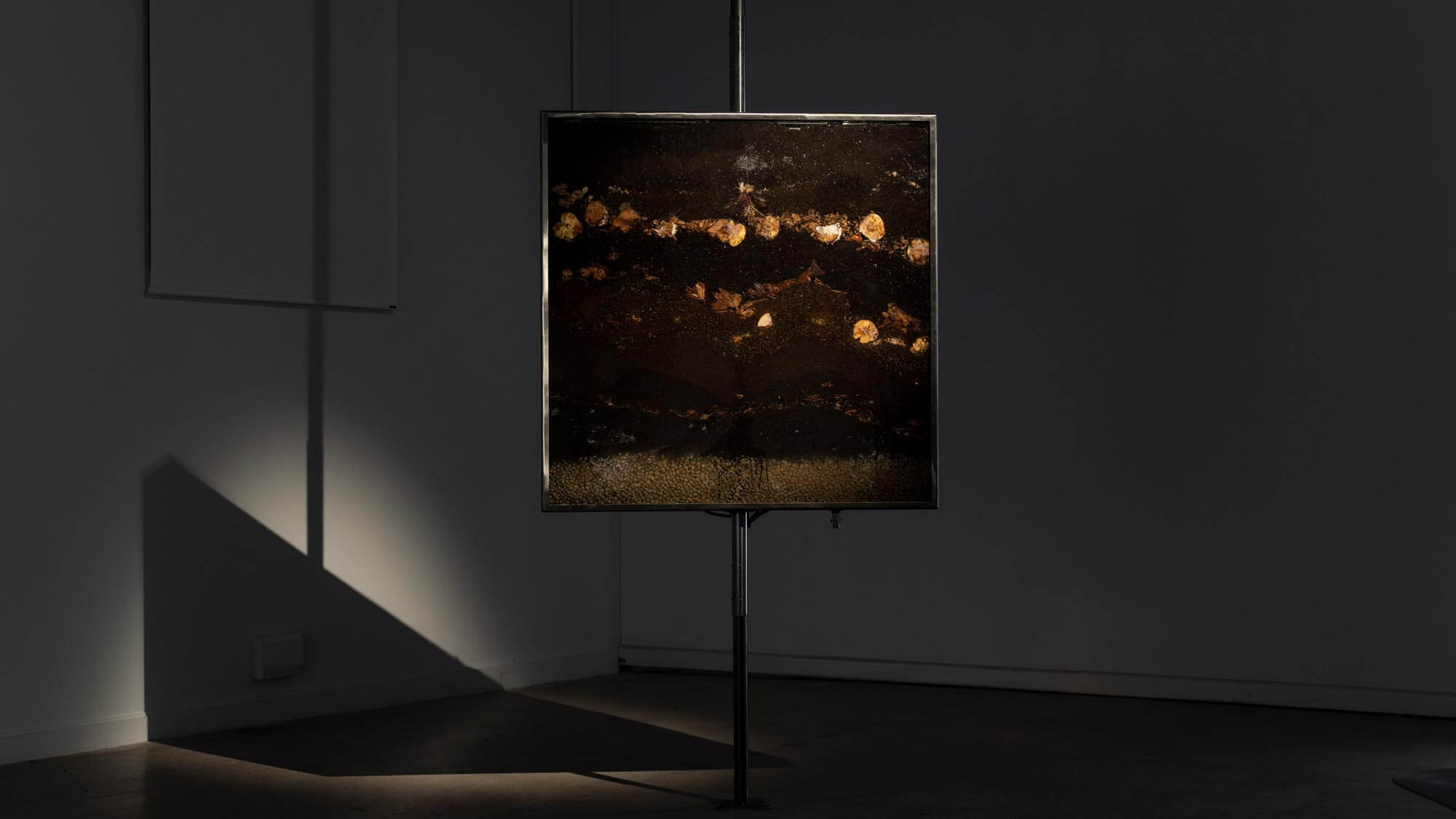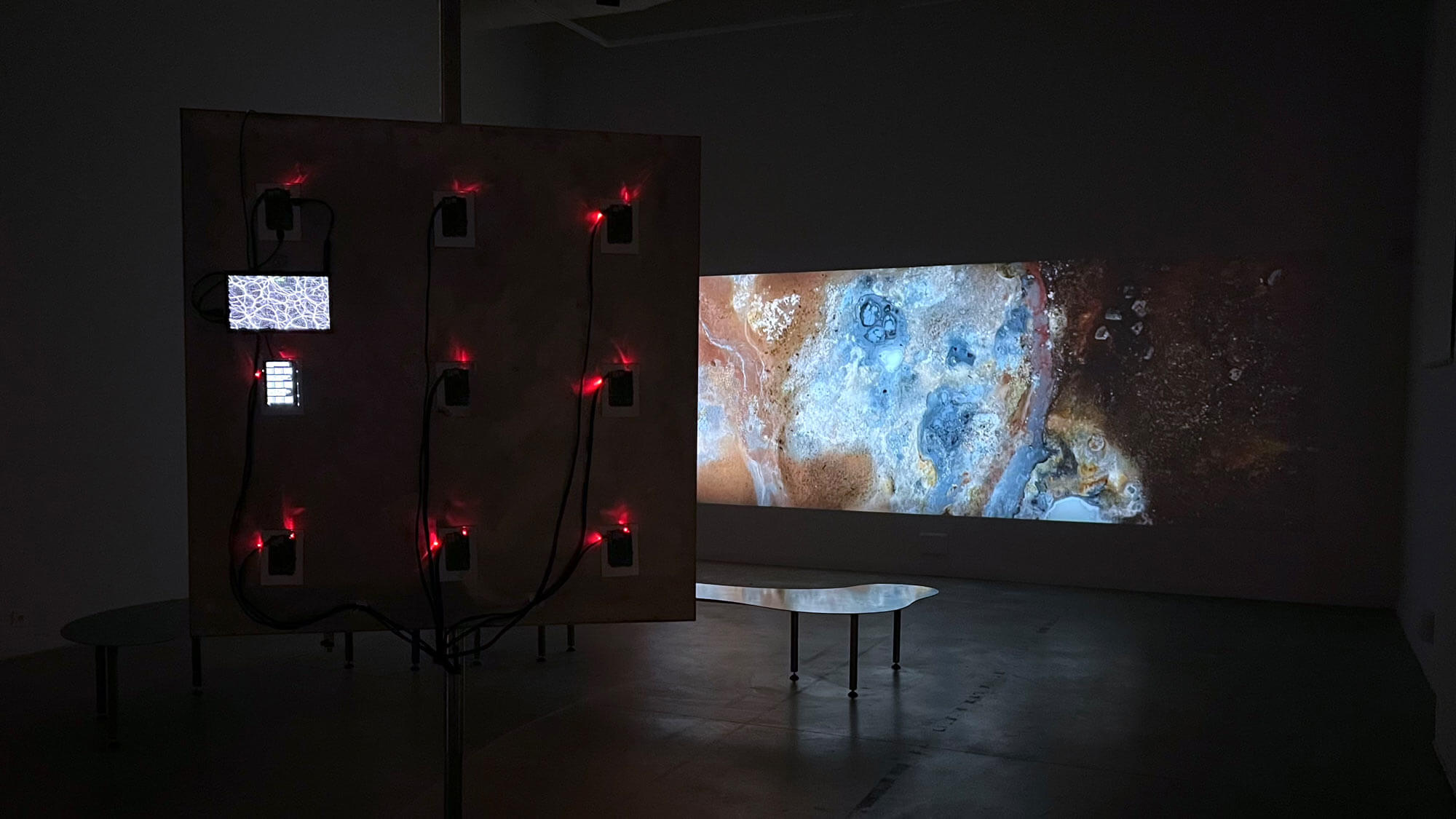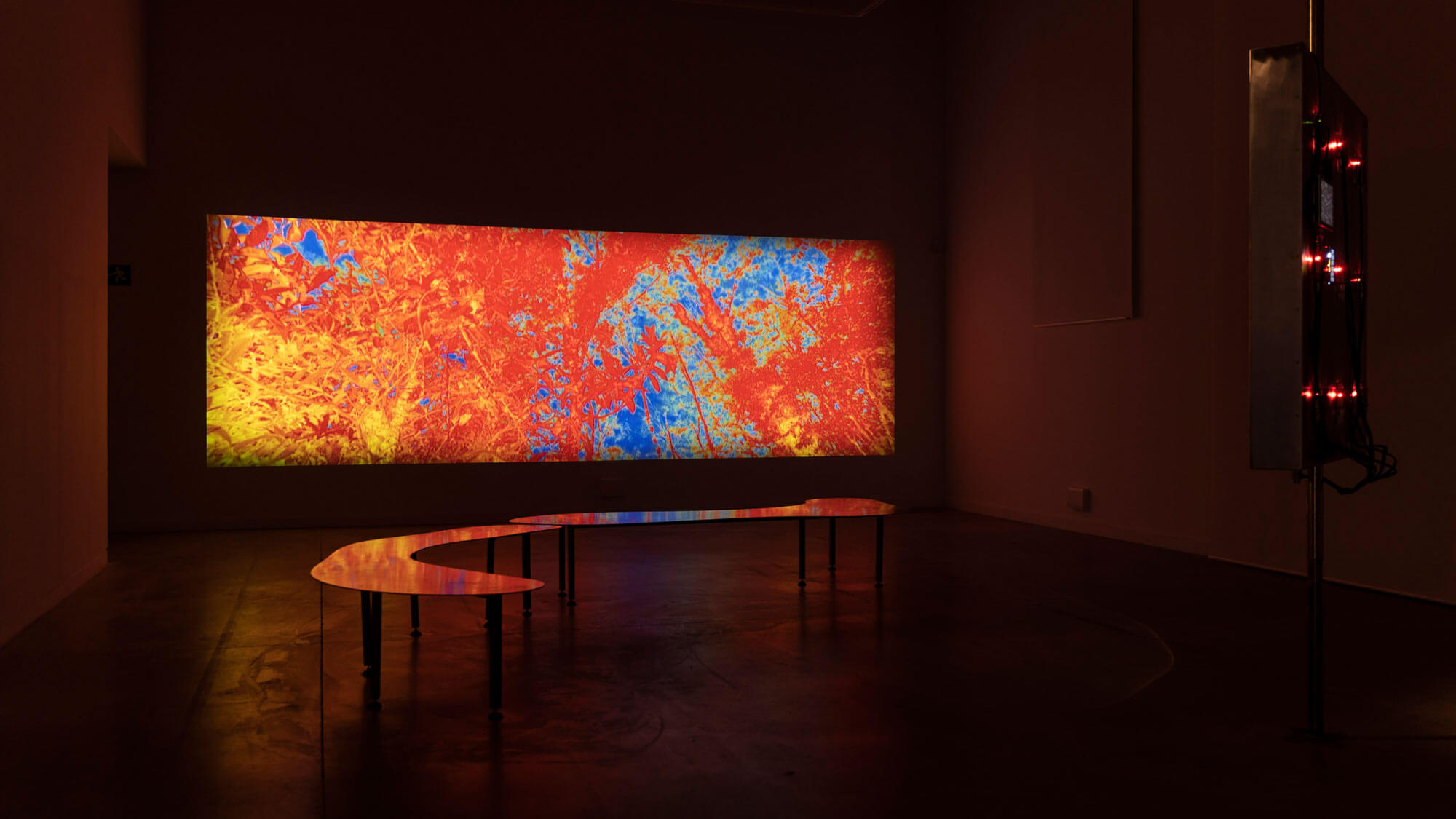Honorary Mention
Although the familiar metaphor of the cloud makes us believe that digital information is ethereal, it is supported by gigantic architectures that demand increasingly more energy, water, and raw materials, and inevitably emit heat and carbon dioxide.
tabakalera.eus/en/watch-read-listen/contents/compost-computacional
Computational Compost addresses the environmental impact of data storage and proposes a synergy between technology and ecology. It consists of a prototype using the heat emitted by computers running simulations of the universe’s origin to power a vermicomposting machine with live worms and microorganisms that thrive on this energy to create fertile soil that sustains life in its most primal form. Celestial and biological bodies are linked by processes of metabolism and fermentation, decomposition and regeneration, the metamorphosis that runs through all cycles of matter.
The Computational Compost prototype is presented as a possible application for the DIPC, which currently redirects the heat generated by its supercomputers into its immediate environment. This process has caused, for example, a nearby loquat tree to bloom prematurely. Understood on a planetary scale, this particular case reveals deeper dimensions, highlighting the significant impact that digital infrastructures can have on processes related to climate change.
The work also includes a film directed by Locument and Otero Verzier, starring the quipu MCHAP 0780, currently exhibited at the Chilean Museum of Pre-Columbian Art in Santiago. Quipus are pre-Columbian recording devices used by the Inka that we can no longer decipher, yet offer some clues for imagining another digital future. Today, humans and artificial intelligence produce so much data that soon there will be no capacity to store it; we are accumulating infinite information with finite resources.
Credits
Artistic direction, research and prototype design: Marina Otero Verzier
Project coordination, research, 3D direction: Claudia Paredes Intriago
Film direction: Locument (Francisco Lobo, Romea Muryń); Marina Otero Verzier
Film editing: Locument (Francisco Lobo, Romea Muryń)
Additional cinematography in Chile: Diego Cabezas
Sound design: Gaspar Cohen
Prototype development: Claudia Paredes Intriago, Fernando Fernandez Sanchez, Pablo Saiz del Río
3D modeling: Caesar Arenas, Jacinto Moros Montanes, Xabier Abel Martinez
Technical consultancy: Felix Casanellas
Production: Rocco Roncuzzi
Acknowledgments: Clara Montero, Ibai Zabaleta, Ane Agirre, David Pello, Ekhiñe Etxeberria, Iñaki Eguitegui, RISE, Barcelona Supercomputing Center, Museo Chileno de Arte Precolombino
In collaboration with the Donostia International Physics Center (DIPC): Txomin Romero, Silvia Bonoli, Raul Angulo, Jens Stücker
Commissioned by Tabakalera
Biography
Marina Otero Verzier (ES) is an architect and researcher. At Columbia GSAPP, she leads Data Mourning, an initiative focused on digital infrastructures and climate catastrophe. She received Harvard’s 2022 Wheelwright Prize for her project on the future of data storage. She collaborates with the DIPC Supercomputing Center on the development of experimental prototypes and has contributed to Chile’s first National Data Centers Plan. She is the author of En las Profundidades de la Nube (2024), and co-editor of Automated Landscapes (2023), Lithium: States of Exhaustion (2021), and A Matter of Data (2021), among others. She was Head of the Social Design MA at Design Academy Eindhoven (DAE) and Director of Research at Het Nieuwe Instituut.
Jury Statement
Computational Compost reimagines digital infrastructure as a life-generating system, turning the waste heat from high-performance computing into energy for vermicomposting. It is a bold response to Europe’s urgent need for sustainable, sovereign, and ecologically grounded technologies. This real-world prototype, embedded in an active data centre, merges advanced physics with regenerative design. It challenges the extractive logic of today’s digital systems and offers a new model: computation that is materially aware, ecologically integrated, and democratically governed. The project aligns powerfully with the European Green Deal, the Digital Decade, and the EuroStack vision showing that climate goals, democratic data governance, and technological innovation can—and must—go hand in hand. From its use of indigenous knowledge systems like the quipu, to its architectural vision of post-extractivist infrastructure, Computational Compost offers a poetic yet practical roadmap for a digital future rooted in planetary care.
